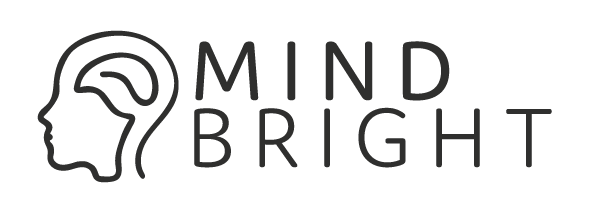How an extra hour's sleep a night could make you smarter, healthier and happier
Sleep is just as important for our health as breathing, eating and drinking, with research telling us all adult’s need somewhere between 7-9 hours sleep per night for optimal health.
Yet it's thought the average person is only getting six hours or less and more than one-quarter of all New Zealanders suffering from some form of sleep problem.
An hour a night may not seem like much, but when you add it up over a week, a month and a year, the cumulative deficit can’t be ignored.
So what happens when we don’t get enough shut-eye? Important processing, restoration, and strengthening occur while we rest. A study on mice in 2013 suggests that sleep helps restore the brain by flushing out harmful toxins that build up during waking hours.
Here a just a few ways sleep deprivation negatively impacts our physical and mental health:
• Reduced attention to detail, focus, and memory
• Decreased ability to make decisions and access our higher level cognitive functioning
• Negatively impacts our mood and emotional resilience
• Ability to handle stress diminishes and 5 x more likely to develop anxiety or depression
• Suppresses immune system function so more likely to get sick
• More likely to put on weight due to reduced willpower, poor food and exercise choices
• 7 x more likely to feel helpless and 5 x more likely to feel alone
And when we get more than the minimum sleep? Not only do all systems function at their optimal, but we experience an increase in our confidence creativity, ingenuity, leadership skills and overall happiness.
In fact, a study in Science magazine calculated that for the sleep-deprived, an extra hour of sleep per night can do more for happiness than a $60,000 raise.
The good news for most of us is, simply knowing the impact an extra few hours’ sleep can have on our health and happiness may be all the motivation we need to turn our screens off an hour earlier or enjoy a sleep in guilt-free when we can.
For those who want more sleep but have trouble with mild to moderate insomnia, read on here to find out about how looking at your sleep hygiene can help.
If you enjoyed this article and think it could help someone, we would love you to share it!
